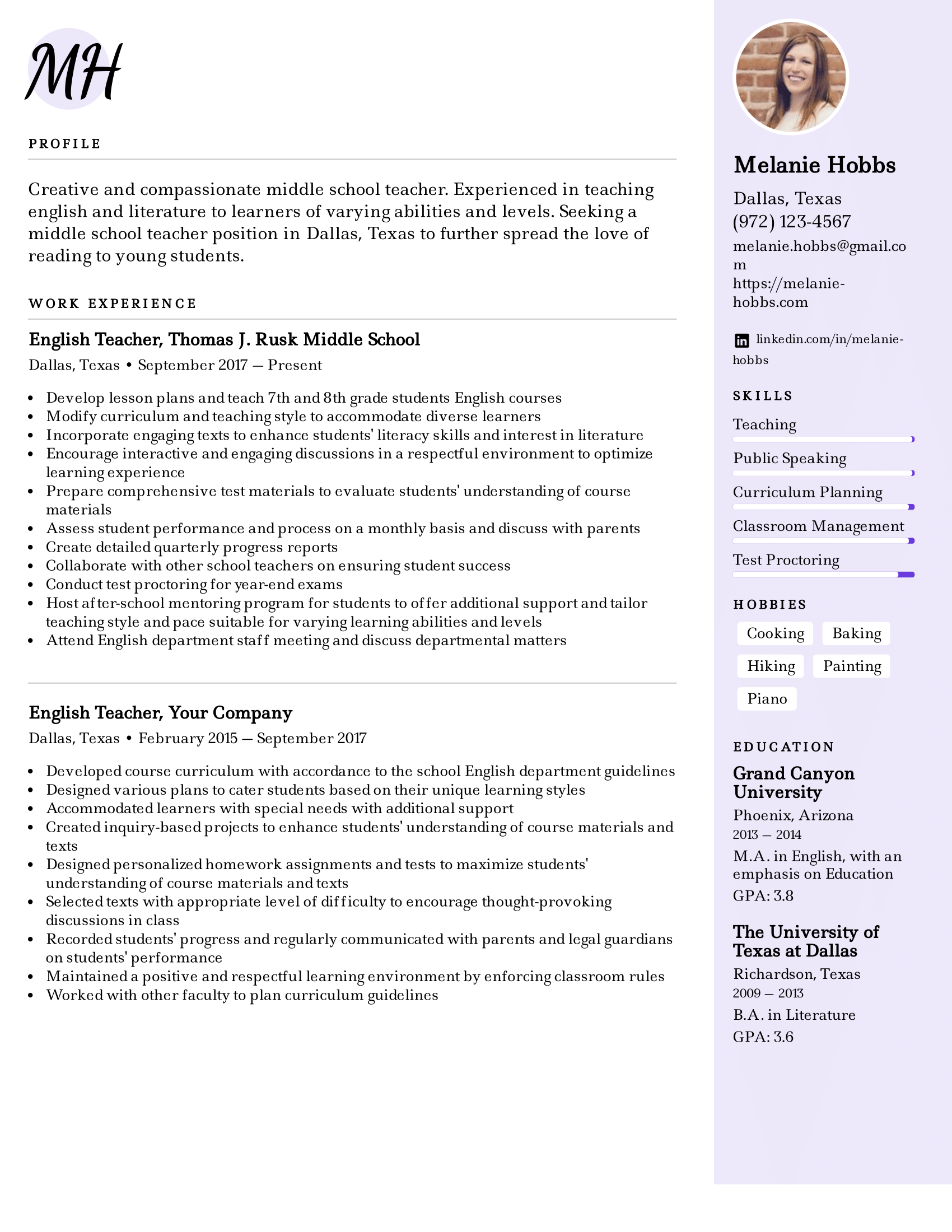Build a beautiful and sturdy resume that fits with our tips for Architects!







Architects plan and design buildings, such as housing complexes, restaurants, and schools. They ensure that buildings fit with safety codes, local regulations, and the clients’ budgets.
See our list of over 350 action verbs to find more.
Architects not only need solid drawing and designing skills, but they also need to be able to communicate with fellow architects, builders, and clients.
Tip: Be specific with your technical skills. Note that you are versed in CADD technology, or that you have expertise in XML, and XML based integration technologies.
Architects generally require a bachelor’s degree in architecture, which can take up to five years. Architects are also required to have real-life experience through three years worth of paid internships. Lastly, they must pass the Architect Registration Examination.
Requirements for licensure vary by state but generally involve the following:
Tip: Employers will likely look into your social media. Keep it professional but also showcase your personality. Additionally, show off your accomplishments! Take pictures of the buildings you helped create, designs you made, or work you find inspiring.
Job Outlook
The job outlook for Architects is growing at 1% per year, which is considered to be slower than average. In 2019 there were 129,900 jobs available.
Average Salary
Architects make $80,750 per year on average. However, salaries could be as high as $137,620 depending on experience, industry, and location.
Top Paying Salaries by State
Search for Architect Jobs
Learn how to format contact information on your resume and what information to share with the hiring manager.
Read this how-to guideDon't know whether you should write a one-page or two-page resume? Find out when it is appropriate to write a two-page resume and learn how to write it correctly.
Read this how-to guideIn this guide, we will cover everything you need to know about including references on a resume, from how to format them to how to know when they should be included at all.
Read this how-to guideYour work experience is a summary of all your hard work, dedication and achievements over the years. Here's how to do justice to your work history.
Read this how-to guideTo land a job in customer service, you need to showcase your best skills to employers. Customer service involves both technical and interpersonal skills. This makes a diverse skillset all the more important! In this guide, we will uncover the best customer service skills to include on a resume. Plus, we will provide you with tips and tricks for formatting.
Read this career-advice articleDo you really need a cover letter? Will a hiring manager actually read it? Let's find out why a cover letter is more important than ever.
Read this career-advice articleIf you’ve done any research into the different types of resumes, you’ve likely heard the term CV before. A CV is a type of document with a much more specific purpose than your standard resume. In this article, we will cover exactly what a CV is, how it differs from a resume, and when to consider using one.
Read this career-advice articleKeeping your resume on a single page keeps it focused and straight to the point. But sometimes it might not be easy to fit it all on one page. When should you use two pages versus trying to fit it all on a single page?
Read this career-advice article